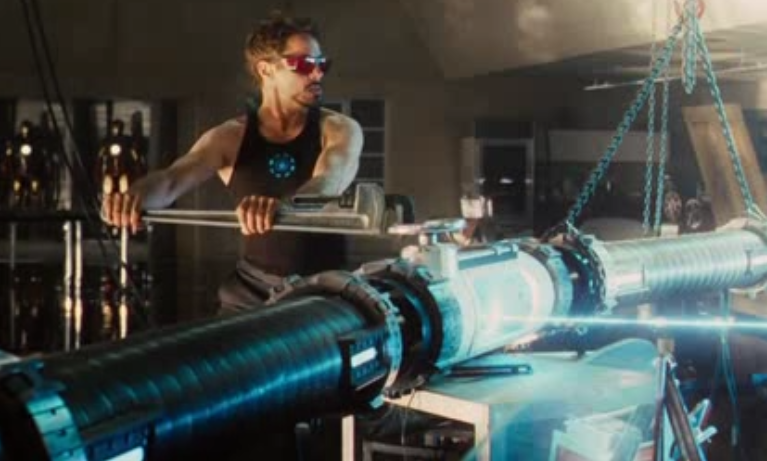Podcast: Play in new window | Download
Subscribe: Apple Podcasts | RSS
Dave is back from his trip to Melbourne and has lots of calibration stories!
- There is a new documentary out about Alan Turing
[tube]http://www.youtube.com/watch?v=-GaKUAGSmmw[/tube] - However, you need to request that it come to your city.
- PBS has a new documentary about Silicon Valley that looks amazing! Multiple parts.
- Dave visited the Agilent Melbourne Standards and Calibration Lab
[tube]http://www.youtube.com/watch?v=JID8bS2-skg[/tube] - And many more videos, which will be posted to Dave’s EEVblog channel throughout the week
- Dave also visited the Melbourbe hackerspace
[tube]http://www.youtube.com/watch?v=zhVpdQPbji0[/tube] - Andy Gelme, who is part of the LiFX bulb team was showing Dave around and Alex Bradbury of Raspberry Pi was there as well.
- The Raspberry Pi team will soon be releasing a camera module to use with OpenCV.
- Dave and Chris haven’t dug into their RPi’s yet, but Chris has bought Matt Richardson’s book on getting started. Now to find the book on how to get started on the book!
- What do you do to ensure proper bring up of new boards? Power, test points, code, etc?
- Fran Blanche did a great video reverse engineering the Launch Vehicle Digital Computer (LVDC) of the Saturn V rocket!
[tube]http://www.youtube.com/watch?v=Y0HC8bBCdgk[/tube] - Dave saw an article about the quirk found in the electronics on the Pioneer Spacecraft in a recent IEEE Spectrum edition.
- Interested in following along with Kent Lundberg’s prototyping class, discussed on The Amp Hour previously? You can follow the assignments and writeups on the class blog!
- If you’re interested in learning more about MOS transistors (namely their physics), check out a new MOOC class on Coursera about MOS devices.
- Where should school start and stop? How can we better give context for schooling?
If you want to see upcoming links or stuff we didn’t get to this week, check out /r/TheAmpHour. If you like the show, please consider giving us a review on iTunes! Thanks!


hey all,
I have 4 or 5 rPi boards and yes, I actually forgot exactly how many! I am using two so far; both with Raspbmc distribution.
One board is the 256 MByte model. It has two USB hard drives connected to it and acts as a file server using Samba-enabled in the Raspbmc build. It is headless so I set the video memory to some really low value. This has been running for a few months now and works reliably, if slowly.
My second board is being used/tested as my XBMC media center for the small TV hung in front of our treadmill. In some ways it works really well. Out of the box the remote control commands get sent over HDMI so it works with just one remote. I have to set YouTube to SD only. I can watch Dave using the EEVblog add-on of XBMC – cool!
To watch movies I have to have video files that are converted for the likes of Android tablets and iOS. They can be served up from my other rPi board over ethernet
I know I am not using the rPi for the intended purpose (education and programming) yet as I am only installing software made by others but I hope to do more eventually.
Cheers!
Mark
I thought you might be interested in the off-grid, digital, open-source factories I’ve built out of 20′ shipping containers. We’ve deployed one to Bungoma, Kenya and another to Oakland, California. Instructable here: http://www.instructables.com/id/DIY-Factory/ . Happy to speak more about it if you’d like!
Following on from your mention of the Alan Turing film, I thought I’d mention a doco about Tommy Flowers, which is much more interesting from an EE perspective.
http://www.youtube.com/watch?v=o61X1YCdQuw